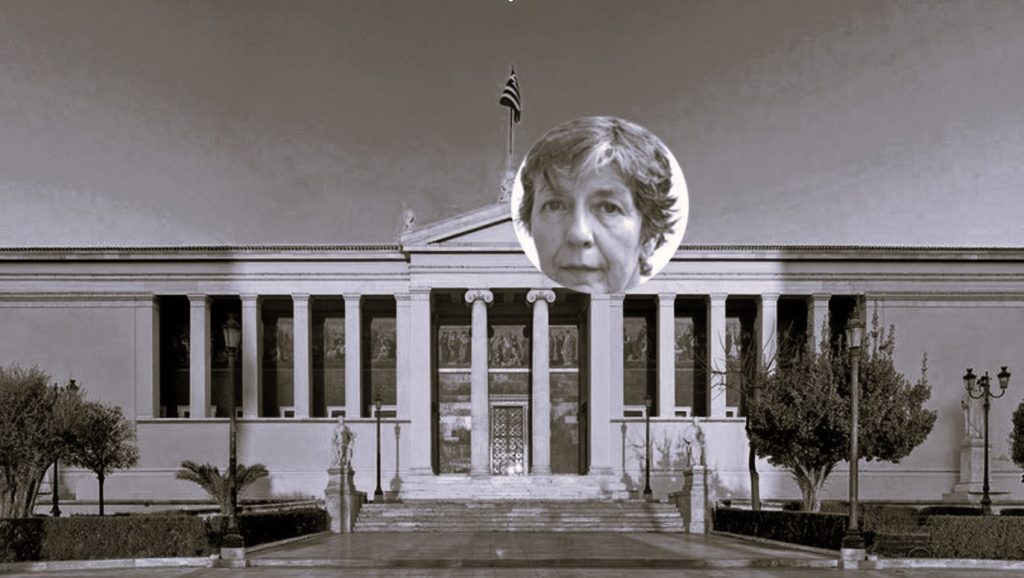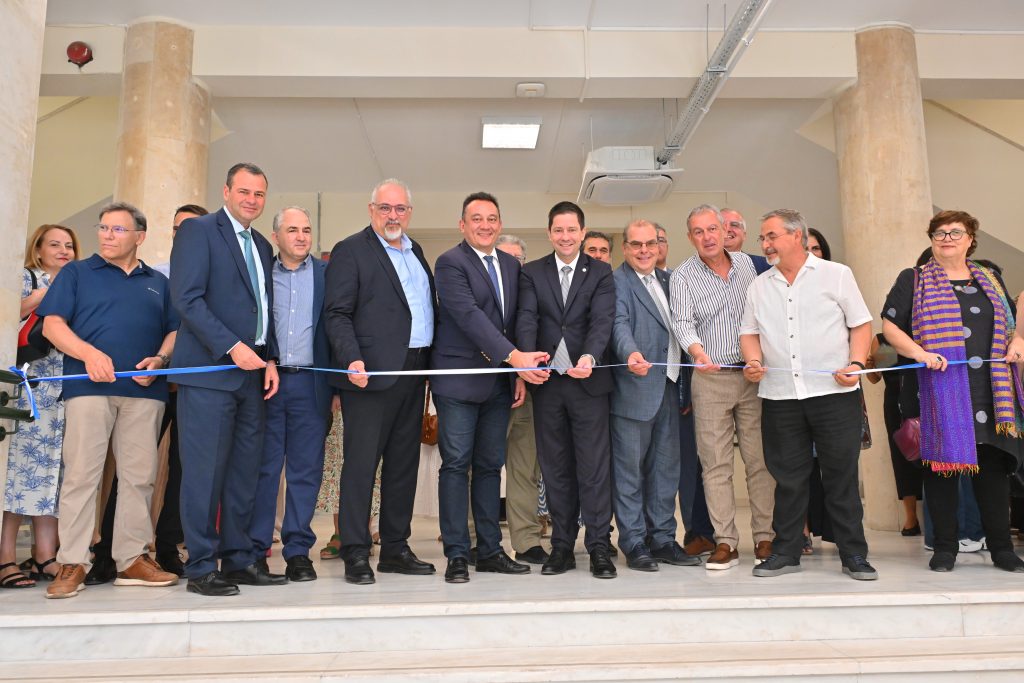Διάλεξη του Καθηγητή κ. Bogdan Mincă με τίτλο: “Heidegger’s interpretation of ‘destiny’ and ‘essence’ in his Question Concerning Technology” θα λάβει χώρα την Πέμπτη 23 Μαΐου 2024 και ώρα 18:00 στο Ιστορικό Αρχείο Ε.Κ.Π.Α., Αίθουσα «Κ.Θ. Δημαράς», Σκουφά 45, Αθήνα.
Τη διάλεξη διοργανώνουν το Τμήμα Φιλοσοφίας, σε συνεργασία με το Τμήμα Ιστορίας και Φιλοσοφίας της Επιστήμης του Εθνικού και Καποδιστριακού Πανεπιστημίου Αθηνών.
Για περισσότερες πληροφορίες είναι υπεύθυνος ο Αναπληρωτής Καθηγητής κ. Γεράσιμος Κακολύρης (gkakoliris@uoa.gr).
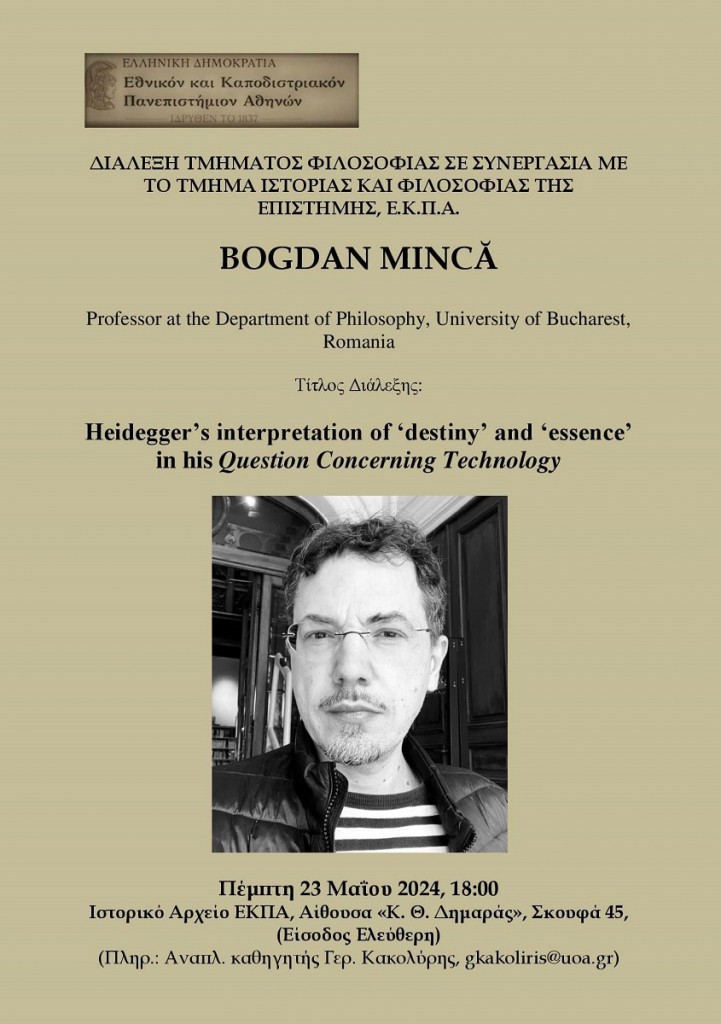
Ο Bogdan Mincă σπούδασε φιλοσοφία και κλασικές σπουδές στο Πανεπιστήμιο Freiburg i.Br. της Γερμανίας (BA, MA και PhD). Είναι αναπληρωτής καθηγητής Φαινομενολογίας, Ερμηνευτικής και Ελληνικής Φιλοσοφίας στο Τμήμα Φιλοσοφίας του Πανεπιστημίου του Βουκουρεστίου, Ρουμανία. Έχει δημοσιεύσει δύο μονογραφίες: Ποίηση. Zu M. Heideggers Interpretationen der aristotelischen Philosophy (2006), και The Divers from Delos. Ο Χάιντεγκερ και οι πρώτοι στοχαστές (στα ρουμανικά, 2010). Μετέφρασε, σε συνεργασία, αρκετούς τόμους του Χάιντεγκερ στα ρουμανικά- μετέφρασε επίσης, επίσης σε συνεργασία, στα ρουμανικά το Protrepticus του Αριστοτέλη. Είναι μέλος της συντακτικής επιτροπής του περιοδικού Studia Phaenomenologica.
Περίληψη της διάλεξης (Abstract): Heidegger’s Question Concerning Technology (1953) deals with the essence of technology, for which he coined the famous key word Ge-stell, ‘en-framing’. By considering itself as master of technology, modern mankind is prey to the illusionthat technology is only an instrument and a means. Heidegger looks at the essence of the making process, which he finds ultimately in the Greek aletheia as ‘bringing-into-the-open’, and which he derives ultimately from the idea of ‘destiny’(as a freeing-binding movement). He then analyzes the modern side of technology, which emphasizes control, dominance, aiming at the total stabilization of everything, man included. This also is an aspect of the binding side of destiny, which lost its freeing dimension.
In my paper, I will approach Heidegger’s thoughts through the lens of an anthropological-philological interpretation of Greek ‘destiny’ (like moira, ananke, desmos), in order to better understand the circular-binding and determining-liberating dimension of being that Heidegger refers to. This also implies an understanding of the Greek god and his/her placing-determining function in regard to humankind. This will also help understand what Heidegger means by the circular and rotational character of the technological process in modernity. Lastly, I will give an interpretation of the Heideggerian view on ‘essence’ (first in its Platonic, then in its deeper meaning), given the central role of this key word in the development of the Question Concerning Technology.


![Διάλεξη του Καθηγητή Bogdan Mincă με τίτλο: “Heidegger’s interpretation of ‘destiny’ and ‘essence’ in his Question Concerning Technology” [23/05/2024]](https://hub.uoa.gr/wp-content/uploads/2014/05/Bogdan-Minca_cover-1024x681.jpg)

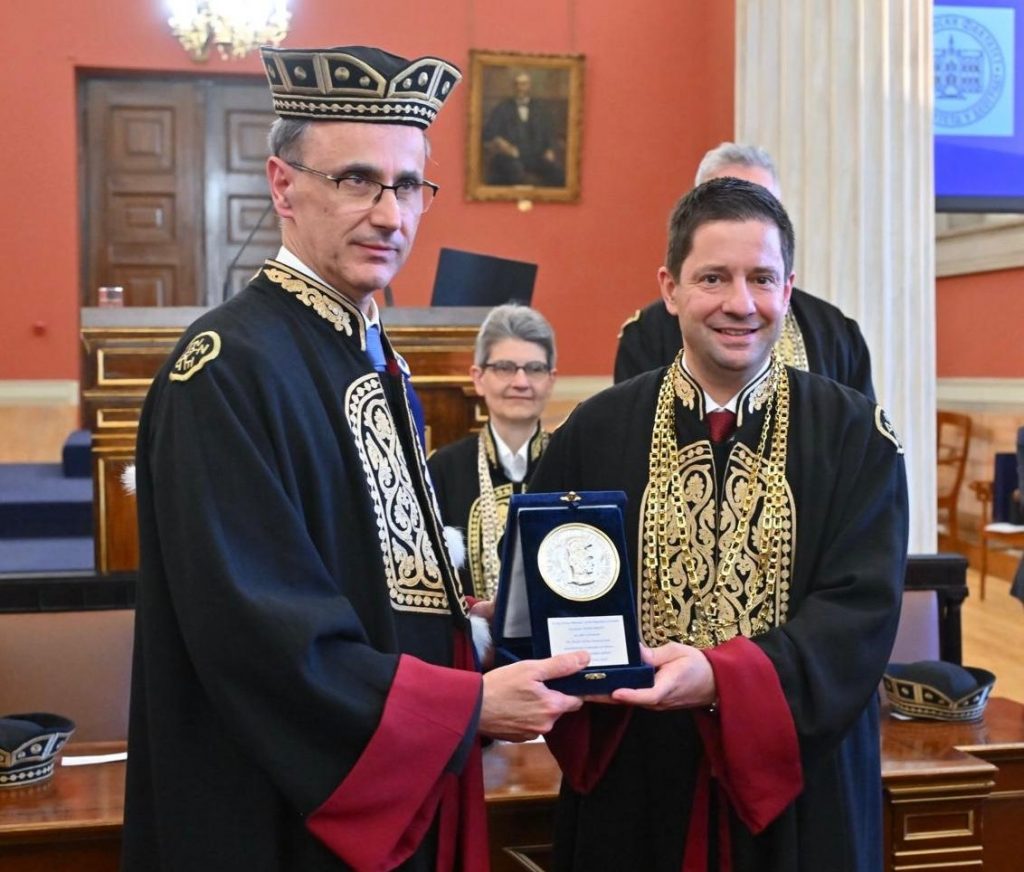
![Συναυλία Jazz του Τμήματος Μουσικών Σπουδών ΕΚΠΑ [2 Ιουλίου]](https://hub.uoa.gr/wp-content/uploads/2025/06/Jazz-night-cover-1024x576.jpg)
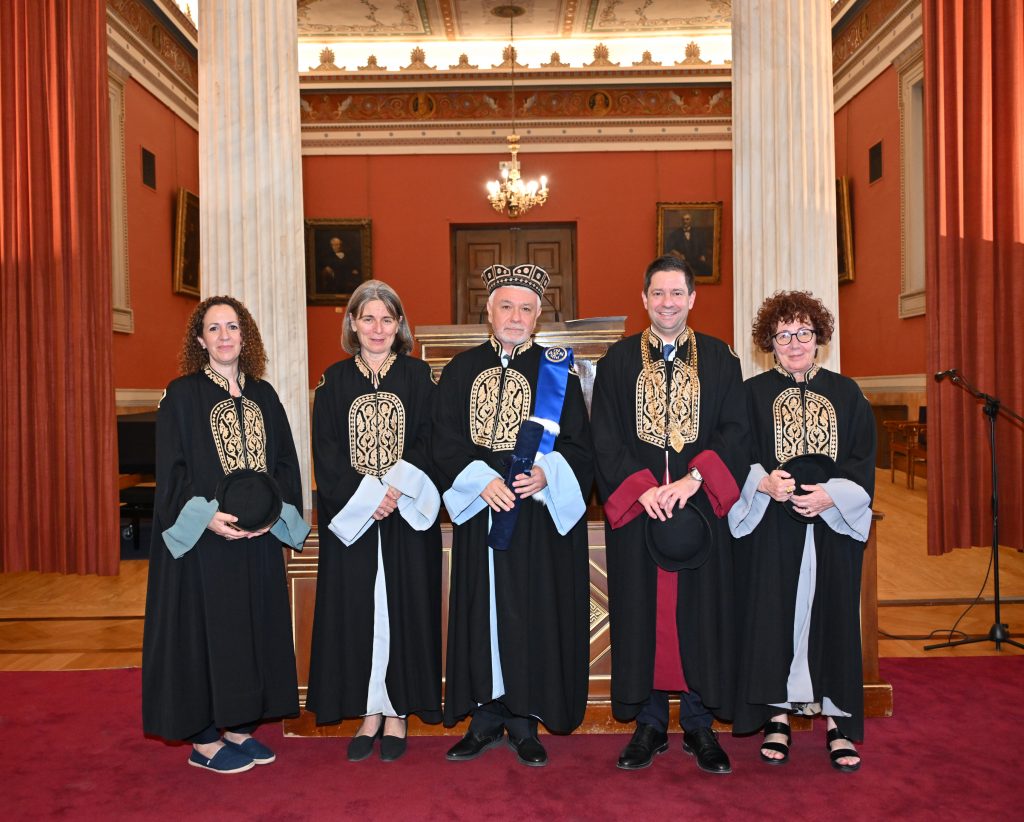
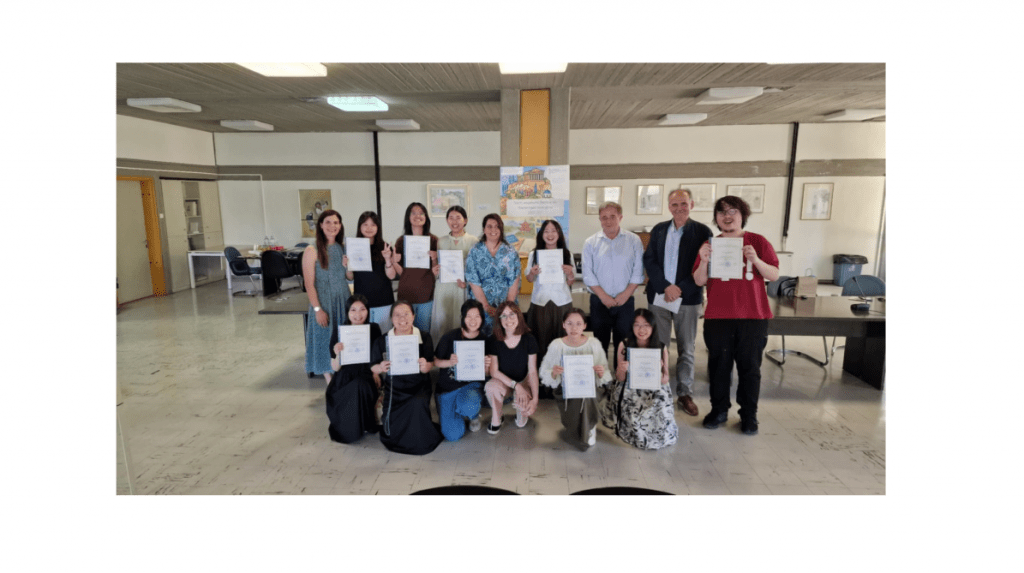
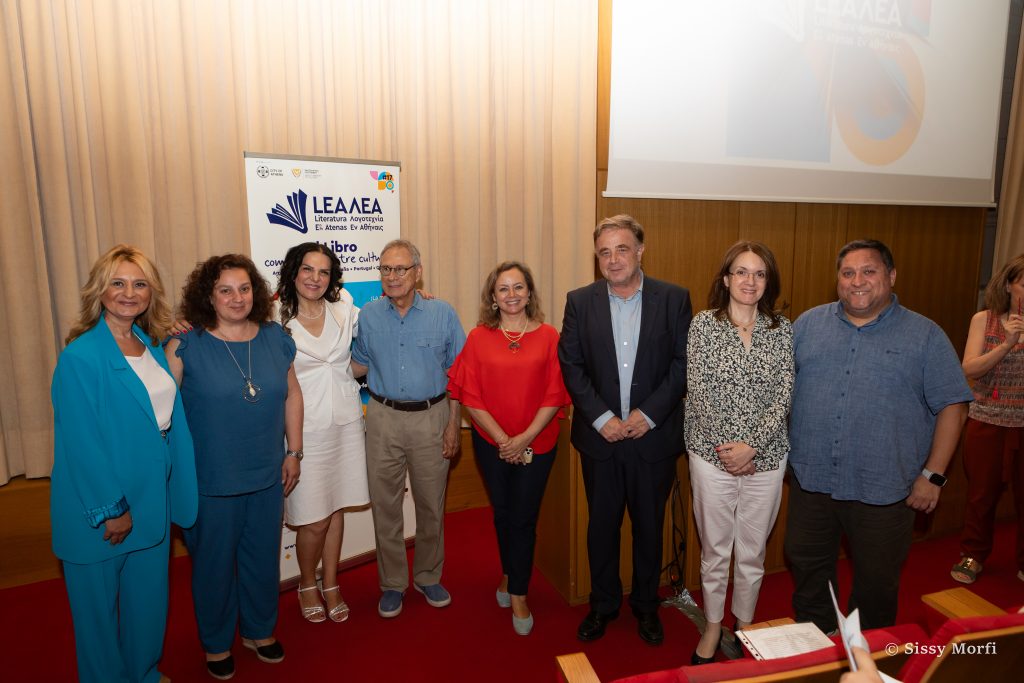
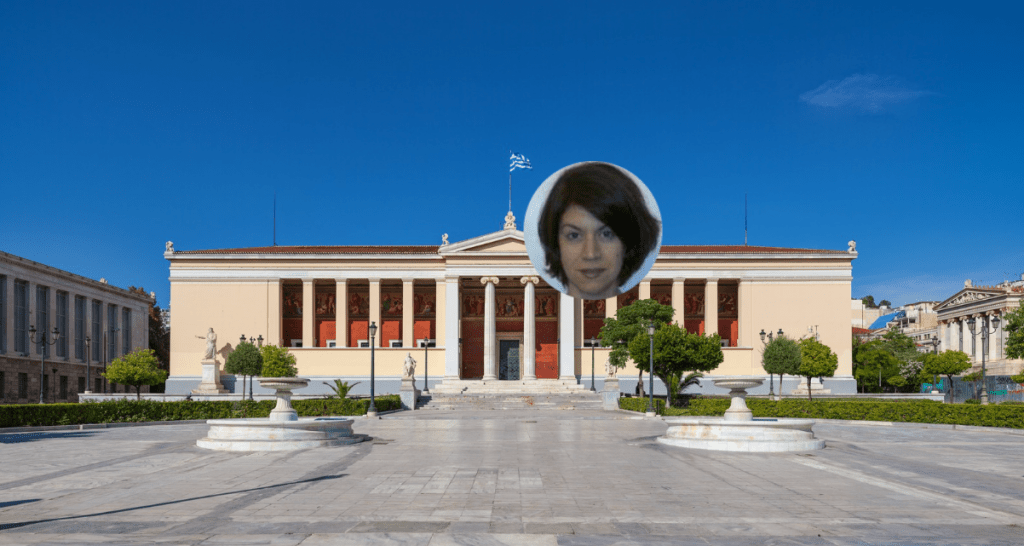
![Ημερίδα «Η ζωή μας εδώ» Μετανάστευση και ποιότητα ζωής: εμπειρίες, προκλήσεις και ένταξη [27/6/2025]](https://hub.uoa.gr/wp-content/uploads/2025/06/Η-ΖΩΗ-ΜΑΣ-ΕΔΩ_-1024x267.jpg)
